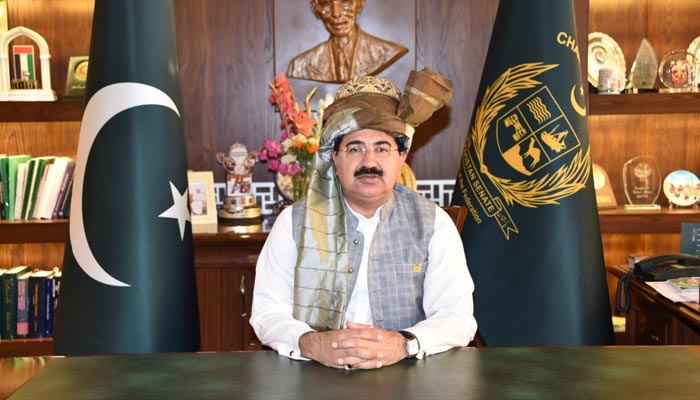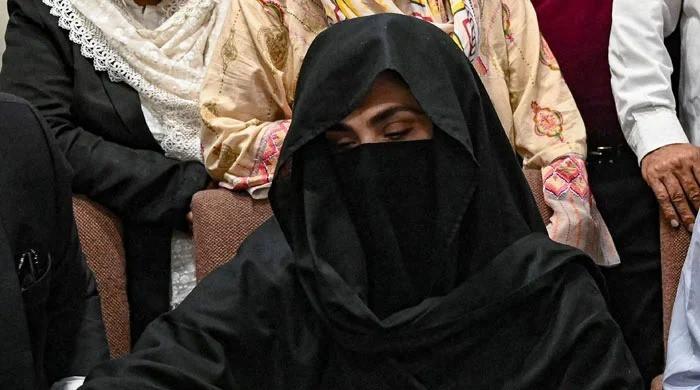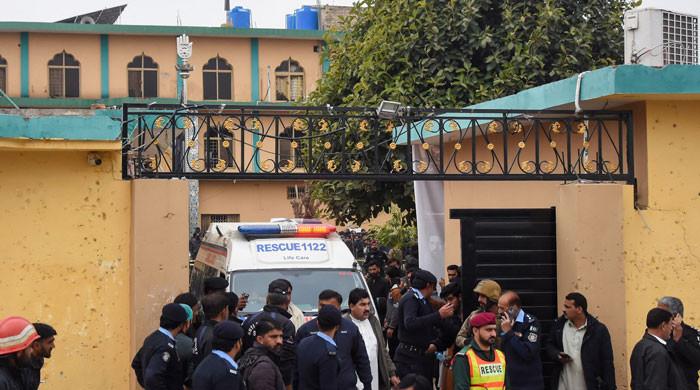Transgender law: Senate to consult scholars, Islamic council if needed, says Sanjrani
“The Senate will never do anything against the Islamic laws,” Sanjrani says
September 27, 2022

- “Senate will never do anything against Islamic laws,” Sanjrani says.
- Senator Mushtaq submitted amendments which are currently being considered.
- Transgender Persons (Protection of Rights) Act was passed by Pakistan’s parliament in 2018.
Senate Chairman Sadiq Sanjrani Monday said the committee formed to consider the recently submitted amendments to the Transgender Persons (Protection of Rights) Act would duly consult religious scholars and the Council of Islamic Ideology if required.
“The Senate will never do anything against the Islamic laws,” Sanjrani said.
Senator Mushtaq Ahmed has filed the amendments to the Act which are currently being weighed by the Senate committee.
Strongly advising against unnecessarily politicising the issue, he stressed that in case of any controversy, the government was resolved to take the course of the consultation.
Regarding PML-N leader Ishaq Dar’s return, Senator Sanjrani said he had not contacted him yet. “Dar can come and take the oath, we have no objection to it,” he stated.
The bill
The Transgender Persons (Protection of Rights) Act was passed by Pakistan’s Parliament in 2018. The law prohibits discrimination against transgender people in schools, workplaces and public spaces, as well as ensures their right to vote, inherit property and run for public office.
This year, politicians from religious political parties, including the Jamaat-e-Islami and Jamiat Ulema-e-Islam Pakistan (Fazl, kicked up a row, insisting that the law is against Islamic tenets and should be immediately amended.
Social media users and conservative politicians accuse the law of permitting gender-reassignment surgeries, same-sex marriages, and cross-dressing. They also claim that since 2018, when the law was passed, over 23,000 people have changed their genders.
The claim that the law will allow men to change their gender to female and women to male on official documents is incorrect.
The law clearly defines a “transgender person” as one who is “intersex” with a mixture of male and female genital features or a eunuch assigned the male gender at birth but undergoes castration or a trans person whose gender identity differs from the sex they were assigned at birth.
The Rules to the Act further clarify that a transgender person will have to approach the National Database and Registration Authority (NADRA) for a change of name or gender on identity documents, as per their self-perceived identity. And NADRA will only alter their gender from Female to the category “X” or Male to the category “X”.
“X” symbolises the third sex in Pakistan, a classification specially created for the trans community on the orders of the Supreme Court in 2009.
The law or the Rules do not allow men to change their gender to female or vice versa on their CNICs, passports or other travel documents.











